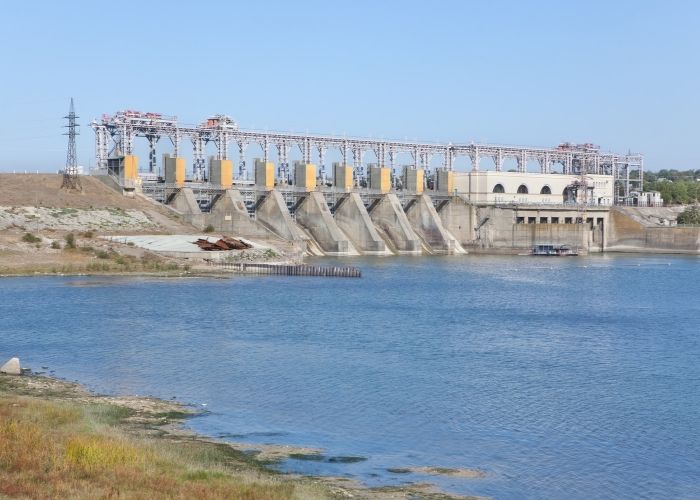MADRID – Electricity prices continue to rise in Spain. At the same time, doubts are growing about the possible solutions proposed by the Spanish government to reduce electricity bills.
On Friday, Ecological Transition and Demographic Challenge Minister Teresa Ribera opened the door to the creation of a public company to manage hydropower plants. Since then, several investment banks and financial advisory firms warned about the consequences this would have for the energy sector in Spain. Not only do Spanish companies underline the possible risks, but also foreign investors follow.
PSOE minister Ribera reported being open to ‘the possibility of having all hydro-electric energy at one’s disposal through a concession system. This would be via a public company, so that intervention can be carried out or so that another way of providing energy is facilitated’. She was responding to a long-standing request from government partner Unidas Podemos.
Tempers flare as electricity prices continue to rise
The discussion caused emotions to run high. Several government members, including Minister of the Presidency, Relations with Parliament, and Democratic Memory, Félix Bólanos, tried to calm the discussion by explaining that it is a long-term project. And that Spain’s legal security remains paramount. The First Vice-President and Minister of Economic Affairs, Nadia Calviño, on Tuesday, denied any interest on her part in this option to reduce electricity prices.
Resistance from Spanish analysts
Since Friday, several Spanish analysts have been warning of the negative impact of this development on investor interest. “We see Ribera’s comments as a consequence of the political pressure the government is under due to the sharp increase in electricity prices in recent months,” said Spanish investment bank Alantra. Therefore, the measure makes ‘little sense’ and means ‘bad news for the sector’. ‘In the short term it would have little effect on electricity prices. Whereas, in the medium and long term it would cause a significant price distortion if the government ends up selling electricity at artificially low prices,’ Alantra continued. Finally, the financial institution warned against the message sent by such proposals due to their ‘interventionist’ nature.
As a counter-proposal, Alantra would prefer to reform an energy price pool mechanism based on capacity auctions that has worked well in the past.
Morgan Stanley sceptical
This week it was Morgan Stanley that became the first foreign firm to include a warning in a report to clients. They cited the creation of the utility as a risk factor for the sector. The bank translated this into its analysis of a specific stock. And therefore, lowered its recommendation for Endesa, one of Spain’s largest energy companies, from ‘buy’ to ‘hold’.
The story for Spain has become more complex after a period of intense competition and regulatory intervention, the bank said. The possible creation of a public utility by the Spanish government has also contributed to cautious sentiment for Spain. However, Morgan Stanley sees little change in its view if these headwinds are offset by rising energy prices (driven by higher gas prices) in 2023. Or if there is evidence of increased market share with integrated margin improvement. Endesa closed 1.5% lower on the stock market on Tuesday, with the IBEX-35 down 0.7%.
Sabadell
The position of the two investment banks corresponds with that of the analysis team of the bank Sabadell. The bank had seen Ribera’s proposal coming. But ‘expects the creation of a public electricity company to have a negative impact on the sector. The political turmoil that has occurred is due to high prices. However, precisely when prices are high, the risk of regulatory changes increases and it is crucial for the sector that this does not happen by changing tariff structures’.
Regulation
For the time being, it seems that the shares on the stock exchange are not suffering from Ribera’s words. With the exception of Endesa as a result of the downgrade by Morgan Stanley, Iberdrola is up 1.5% since Thursday and Naturgy 1.4%.
However, the development puts an additional strain on the already heavy regulatory framework as the companies face changes in the environment. For example the reduction of fees for hydro and nuclear power (the ‘out of the blue profits’), which account for some 25% of the average annual turnover of the plants concerned.
As the Spanish newspaper El Confidencial reported in July, an Exane BNP Paribas survey of investors and analysts found that political uncertainty was the reason why Spain is less attractive as a green investment destination than neighbouring countries such as France, Germany and Italy. At a time that is already volatile due to the energy transition, the market is very sensitive to the associated regulatory volatility.


